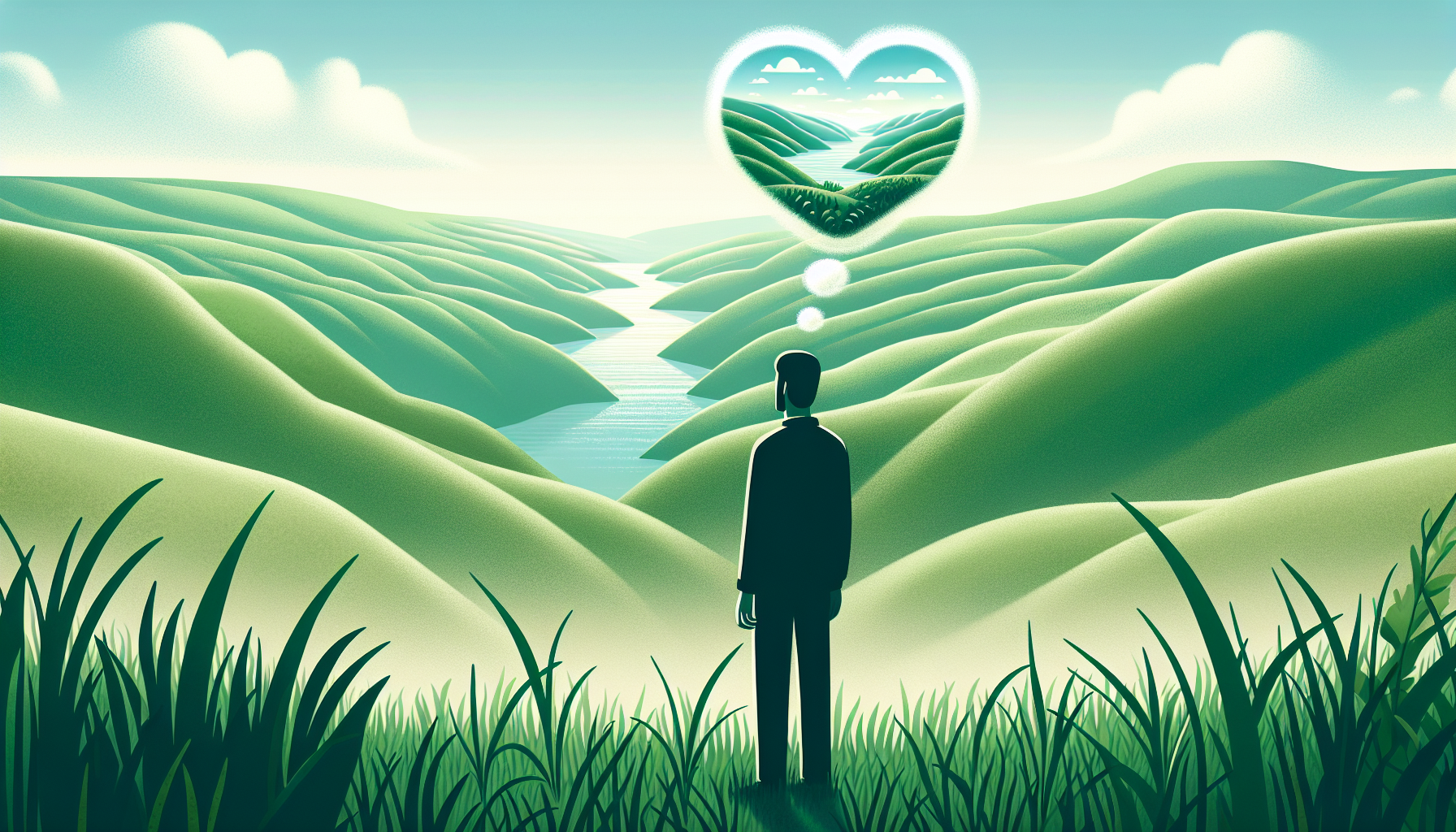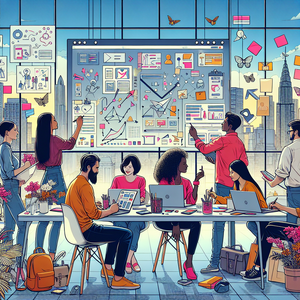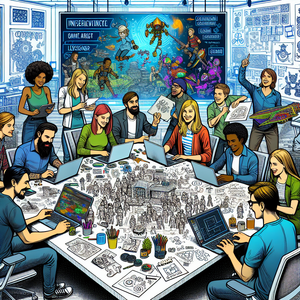Breaking Into UX Design with Zero Experience

This section explores various unconventional pathways individuals have taken to break into UX design without formal experience.
From Teaching to UX Design: The Case of Sarah Johnson
Sarah Johnson, a former elementary school teacher, discovered her passion for UX design while developing educational materials for her students. This experience illuminated her ability to understand student needs and design engaging lessons, skills that are directly applicable to user experience. Sarah took the initiative to enroll in online courses focused on UX design, allowing her to acquire essential knowledge and skills. To build her portfolio, Sarah created educational apps tailored for her students. Her projects not only demonstrated her user-centered design approach but also showcased her ability to empathize with users' needs. This proactive strategy ultimately led to her securing her first job as a UX designer at a technology company. Key Takeaway: By emphasizing transferable skills such as empathy and problem-solving, individuals from unrelated fields can successfully transition into UX design roles.
The Corporate Marketer Turned UX Designer: Mike’s Journey
Mike, a corporate marketer with a decade of experience, decided to pivot to UX design after recognizing the overlap between his marketing skills and user experience principles. He began researching UX methodologies and tools, immersing himself in the theories that underpin effective design. To gain practical experience, Mike volunteered for local nonprofits, designing their websites and conducting user research. These volunteer projects enabled him to create a robust portfolio that showcased his ability to apply design thinking and effectively address user needs. His background in marketing provided him with a unique perspective, ultimately leading him to a UX role in a prominent marketing agency. Key Takeaway: Leveraging existing skills and gaining practical experience through volunteer work can bridge the gap between unrelated careers and UX design.
The Artist’s Perspective: Jamie’s Creative Transition
Jamie, a graphic designer, had always been intrigued by the user experience aspects of her projects. To deepen her understanding, she educated herself on UX principles and began incorporating user feedback into her designs. Demonstrating initiative, Jamie launched a personal project where she redesigned a popular app based on user feedback and usability testing. This project not only showcased her ability to think critically about user interactions but also solidified her transition into UX design. When applying for UX positions, Jamie's portfolio stood out not only for its visual appeal but also for her demonstrated understanding of user-centered design principles. Key Takeaway: Engaging in personal projects that prioritize user feedback and testing can be a powerful way to build a portfolio that attracts potential employers in the UX field.
The Skills You Need
While transitioning into UX design without formal experience may seem daunting, aspiring designers can focus on developing key skills that are vital in this field: Empathy: Understanding user needs is the cornerstone of UX design. Cultivating empathy through user research and testing is crucial for creating effective designs. Problem-Solving: UX design often involves tackling complex challenges; honing critical thinking and problem-solving abilities is essential for success. Communication: Clear articulation of design decisions and collaboration with diverse teams are vital skills for any UX designer.
Breaking into UX design without formal experience is not only achievable but is also exemplified by individuals from various disciplines who successfully make the transition every day. By leveraging transferable skills, engaging in volunteer projects, and developing a robust portfolio, aspiring designers can carve out their niche in this dynamic field. The journeys of individuals like Sarah, Mike, and Jamie illustrate that passion, creativity, and a willingness to learn can open doors to fulfilling careers in UX design. Aspiring designers should remember that the path to success is often non-linear, and their unique backgrounds can provide valuable perspectives in creating exceptional user experiences. With determination and resourcefulness, anyone can embark on a rewarding journey into the world of UX design, regardless of their starting point.
UX Researcher
Tech companies like Google and Facebook, e-commerce platforms like Amazon, and design agencies focused on user experience.
Core Responsibilities
Conduct user interviews, usability testing, and surveys to gather insights about user behavior and preferences
Analyze qualitative and quantitative data to inform design decisions
Collaborate with UX designers to iterate on design concepts based on research findings
Required Skills
Proficiency in user research methodologies
Strong analytical skills
Familiarity with tools like UsabilityHub or Optimal Workshop
Excellent communication skills to present findings effectively
Interaction Designer
Digital product companies like Airbnb and Spotify, as well as consultancies that specialize in UX/UI design.
Core Responsibilities
Design interactive elements of websites and applications
Create wireframes and prototypes to visualize user flows
Collaborate with developers to ensure design fidelity during implementation
Focus on optimizing user interactions to enhance engagement
Required Skills
Strong knowledge of design tools such as Sketch, Figma, or Adobe XD
Understanding of human-computer interaction principles
Experience with prototyping and user testing
User Interface (UI) Designer
Media organizations like Netflix, startups focused on app development, and established firms looking to redesign their digital presence.
Core Responsibilities
Develop visually appealing interfaces for web and mobile applications
Create style guides and design systems
Ensure design consistency across various platforms
Collaborate with UX designers to align aesthetics with user experience
Required Skills
Proficiency in graphic design software (e.g., Adobe Creative Suite)
Understanding of typography and color theory
A keen eye for detail
Familiarity with front-end technologies (HTML/CSS) is a plus
Product Designer
Tech giants like Apple and Microsoft, as well as innovative startups in the tech and health sectors.
Core Responsibilities
Oversee the entire design process from ideation to implementation
Conduct user research and usability testing to validate design concepts
Collaborate with cross-functional teams to align product goals with user needs
Focus on both UX and UI aspects of product design
Required Skills
Strong portfolio demonstrating a mix of UX and UI skills
Proficiency in design tools like Figma or InVision
Experience in agile development processes
Ability to work on multiple projects simultaneously
UX Writer
Digital platforms such as Slack and Dropbox, as well as companies with a strong emphasis on content-driven experiences.
Core Responsibilities
Craft clear and concise copy for user interfaces
Create content strategies to enhance user engagement
Collaborate with designers and researchers to ensure the language aligns with the overall user experience
Focus on guiding users through their journey with effective messaging
Required Skills
Strong writing and editing skills
Understanding of user-centered design principles
Ability to conduct user testing on content
Familiarity with design tools to collaborate effectively with UX teams


